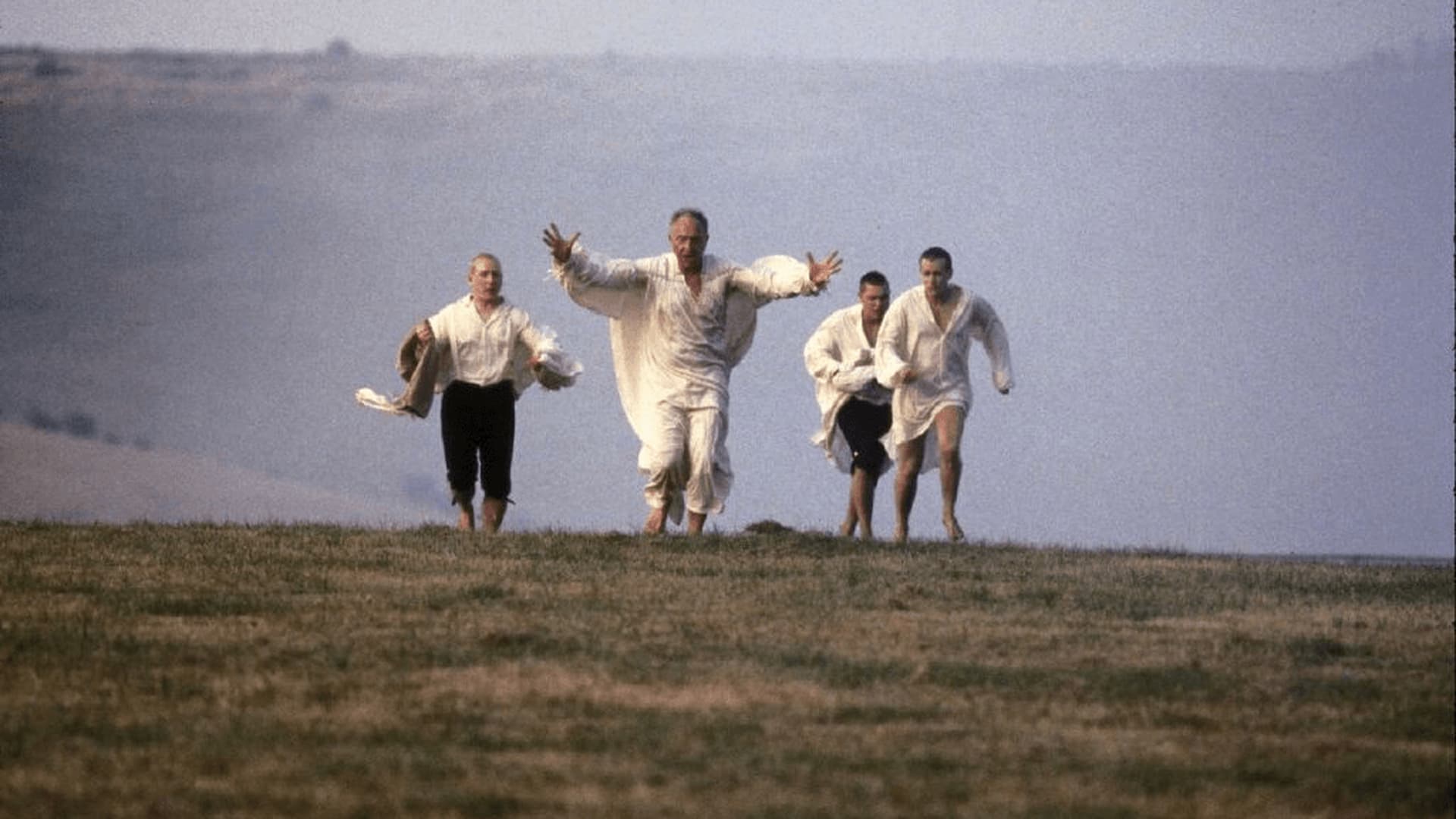At first glance, The Madness of King George seemed like a history lesson about King George III. Like plenty of British royalty dramas, the film has all the opulent trappings in its sets and costumes, as well as some of the best actors from the British isles. However, unlike other depictions of the monarchy, the film depicts the king not as a benevolent ruler or oppressive tyrant– instead, King George III is terribly human, with his memory failing, being unsettled by loss, and concern over his health, which involves having to look at his urine. But the historical satire, based on the 1991 stage play, still manages to have the same mockery towards the opportunistic court, while still retaining sympathy for the very nobility it mocks, through original playwright Alan Bennett’s adept writing, as well as the excellent performance of the stacked ensemble cast.
Synopsis
Aging King George III of England is exhibiting signs of madness, a problem little understood in 1788. As the monarch alternates between bouts of confusion and near-violent outbursts of temper, his hapless doctors attempt the ineffectual cures of the day. Meanwhile, Queen Charlotte and Prime Minister William Pitt the Younger attempt to prevent the king's political enemies, led by the Prince of Wales, from usurping the throne.
Storyline
While King George III exhibits symptoms of an unknown mental ailment, those loyal to him attempt to continue his rule, while his son, the Prince of Wales, rallies the king’s opponents in hopes of seizing the regency.
TLDR
Hopefully, no one is reminded of their own country’s ruler.
What stands out
The Madness of King George doesn’t depict a clearly defined and diagnosable mental illness, so turning the ailment of a real-life person into a comedy can cause some viewers to be wary. To Bennett’s credit, historians haven’t been able to accurately identify his ailment– even the porphyria diagnosis has been disputed by later scholars– and the comedy pokes fun more on how the court loses their bearings once the king gets sick. The humor thankfully doesn’t demonize mental illness, even when it throws barbs on the British monarchy.









